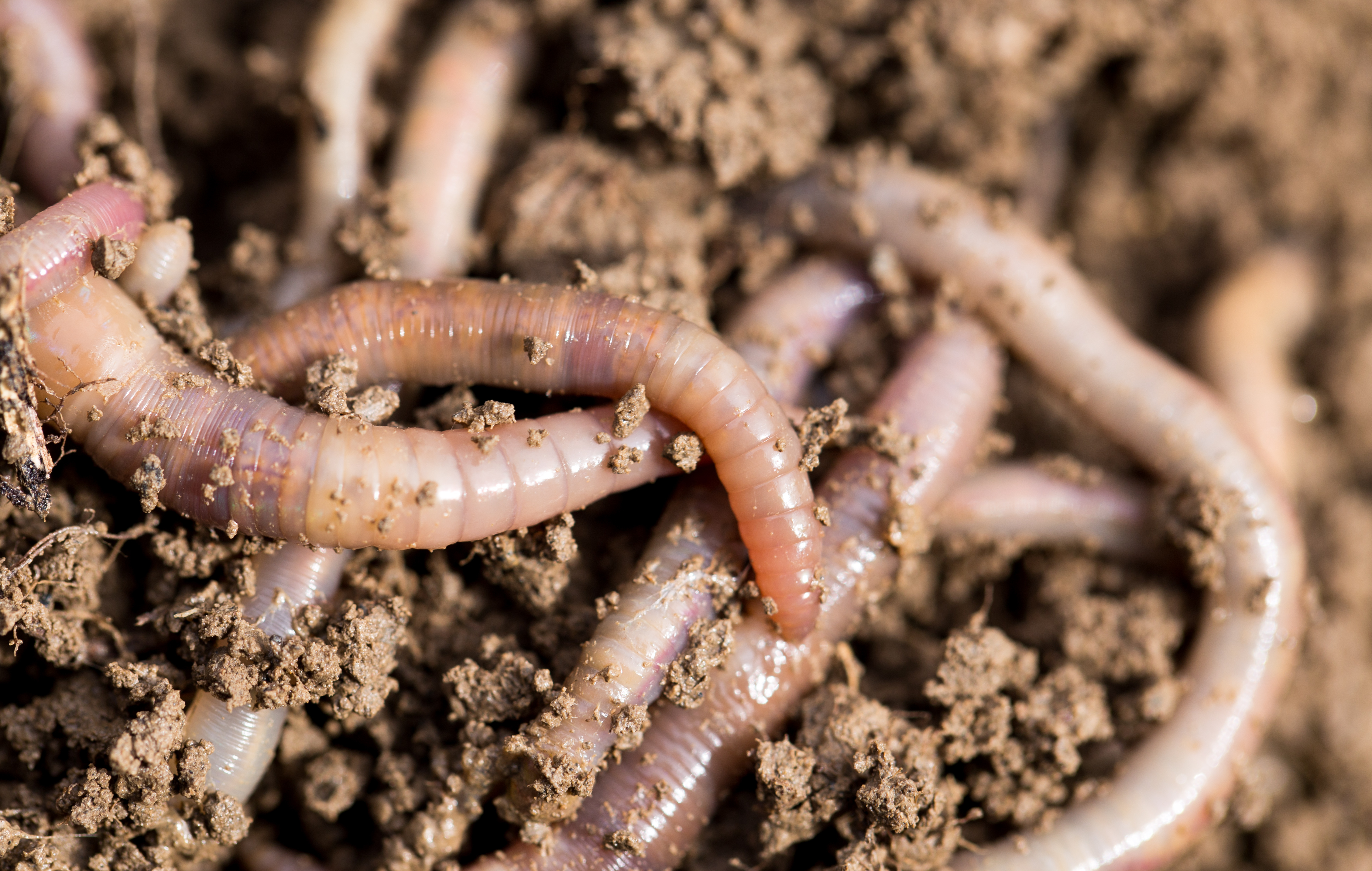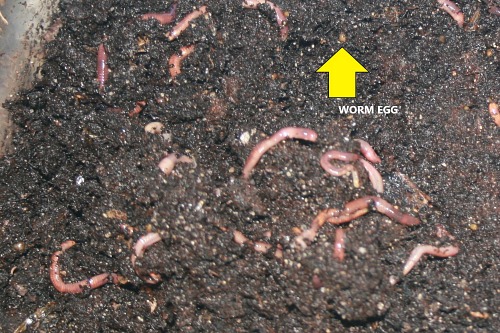Red Wiggler Worms - Natural Solution for Environmentally Friendly Composting
Red Wiggler Worms - Natural Solution for Environmentally Friendly Composting
Blog Article
Red Wiggler Worms Demystified: Opening the Secrets of Vermiculture for Greener Living and Nutrient-Rich Soil
In the world of sustainable practices for enhancing dirt high quality and advertising eco-conscious living, red wiggler worms play an essential yet typically neglected duty. Red Wiggler Worms. Comprehending the intricacies of caring for these worms, maximizing their atmosphere, and harnessing their castings can lead to a greener way of living and much healthier dirt for plants to prosper.
The Duty of Red Wiggler Worms
Red Wiggler worms play an essential function in composting systems by successfully breaking down organic issue into nutrient-rich spreadings. These starved eaters eat a range of natural materials, such as kitchen area scraps, yard waste, and paper products. As they feed, the worms' digestive processes break down the natural issue right into a fine, dark, and nutrient-dense material understood as worm spreadings or vermicompost.
The castings produced by Red Wiggler worms are extremely valuable for soil health and wellness and plant development. They are abundant in important nutrients like phosphorus, potassium, and nitrogen, which are vital for supporting healthy plant growth. Additionally, worm castings contain advantageous microorganisms and enzymes that assist enhance dirt framework, boost water retention, and boost nutrient uptake by plants.
Advantages of Vermicomposting

Moreover, vermicompost, the nutrient-rich final product of vermicomposting, offers as an exceptional organic plant food and soil conditioner. It boosts soil framework, enhances soil oygenation, and enhances dirt wetness retention. These residential properties contribute to healthier plants with more powerful root systems and far better resistance to diseases and bugs. Vermicompost likewise improves the soil with vital nutrients like potassium, phosphorus, and nitrogen, promoting plant development and general dirt fertility.
Additionally, vermicomposting supports lasting horticulture techniques by giving a chemical-free and natural option to artificial plant foods. Red Wiggler Worms. This eco-friendly approach not only enriches the soil however likewise aids lower reliance on hazardous chemicals, promoting a greener and a lot more lasting means of horticulture
Establishing Up a Worm Container
When establishing a worm container for vermicomposting, correct configuration is critical to make certain the success of the composting procedure. The very first step in setting up a worm container is choosing a suitable container.
After adding the bed linens, present the red wiggler worms to the bin. It is suggested to begin with a small number of worms and progressively raise as they increase. The worms must then be offered with food scraps such as vegetables and fruit peels, coffee premises, and eggshells. use this link It is important to avoid including meat, dairy products, oily, or salty foods to avoid bring in bugs and creating undesirable odors.
Consistently keep track of the wetness levels and temperature level in the worm bin to make certain ideal problems for the worms. With appropriate setup and upkeep, the worm bin will properly convert natural waste into nutrient-rich compost for your plants and yard.
Harvesting Worm Castings
To efficiently collect nutrient-rich worm castings from your vermicomposting system, an organized harvesting method is crucial. When it comes time to collect the worm spreadings, there are a couple of crucial find this steps to follow to ensure an effective process. Stop including fresh food scraps to one side of the worm bin for a pair of weeks prior to gathering. This urges the worms to move to the side with fresh bed linen and food, making it simpler to dig the castings from the opposite side.

Troubleshooting Common Issues
Identifying and dealing with common challenges that may occur during the vermicomposting process is crucial for maintaining a healthy and balanced and effective worm bin. One common issue that vermicomposters experience is overfeeding. Including excess food scraps can cause a build-up of dampness and level of acidity in the worm container, potentially harming the worms. To stop this, feed the worms in small amounts, making sure that the food scraps are effectively damaged down before including a lot more. Another concern is undesirable odors rising from the worm bin. Foul smells show anaerobic conditions, typically triggered by overwatering or insufficient ventilation. To treat this, change the moisture degrees by adding completely dry bed linen materials like shredded paper or cardboard and increase oygenation by turning Bonuses the bed linens on a regular basis.
Additionally, if the worm populace is decreasing or the worms appear undesirable, it might be as a result of environmental stress factors such as severe temperatures or pH degrees. Keeping track of these variables and making required modifications is important for the health of the worms. By troubleshooting these usual issues immediately, vermicomposters can ensure a successful and smooth vermicomposting process while preserving a thriving worm population.

Conclusion
In verdict, red wiggler worms play a crucial role in vermiculture by breaking down natural matter into nutrient-rich soil. Establishing up a worm container is vital for effective vermiculture, and harvesting worm castings gives beneficial compost for horticulture.
As they feed, the worms' digestive system procedures damage down the natural matter into a penalty, dark, and nutrient-dense material known as worm spreadings or vermicompost.
The spreadings produced by Red Wiggler worms are extremely helpful for soil health and plant development. Including excess food scraps can lead to a buildup of dampness and acidity in the worm bin, potentially harming the worms.Additionally, if the worm population is decreasing or the worms appear unhealthy, it might be due to ecological stressors such as severe temperature levels or pH levels. Establishing up a worm container is crucial for effective vermiculture, and gathering worm spreadings offers valuable compost for horticulture.
Report this page